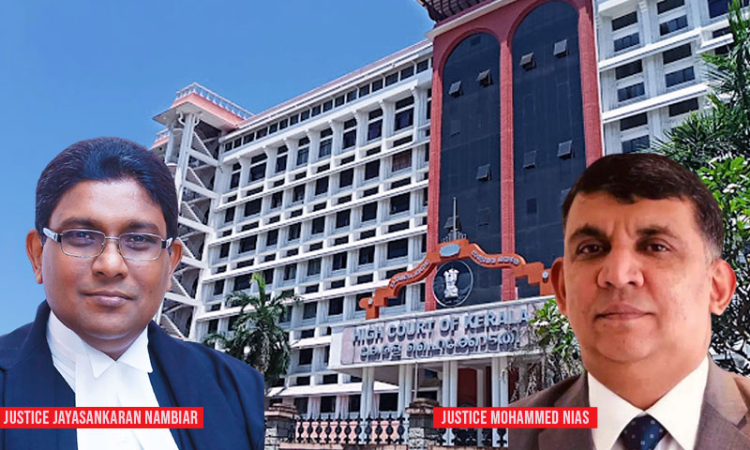Enhancing Retirement Age Of AYUSH Doctors A Policy Decision: Kerala High Court Asks State To Decide Expeditiously
Hannah M Varghese
6 July 2022 12:30 PM IST

Next Story
6 July 2022 12:30 PM IST
The Kerala High Court on Monday set aside the order of the State Administrative Tribunal that directed the State government to enhance the retirement age of doctors in the AYUSH department to 60 years as done for doctors in the Health Department, citing that this was a state policy.A Division Bench of Justice A.K Jayasankaran Nambiar and Justice Mohammed Nias C.P thereby directed the State...
